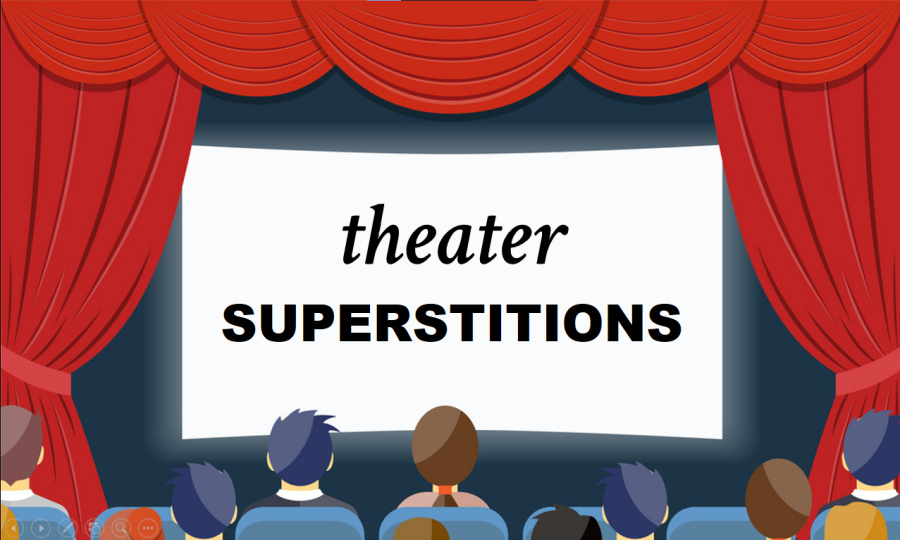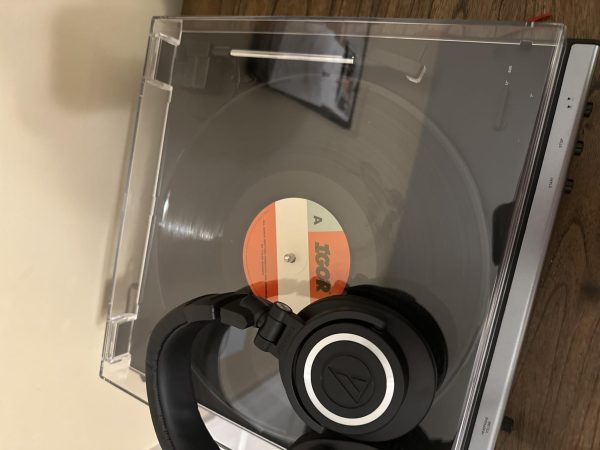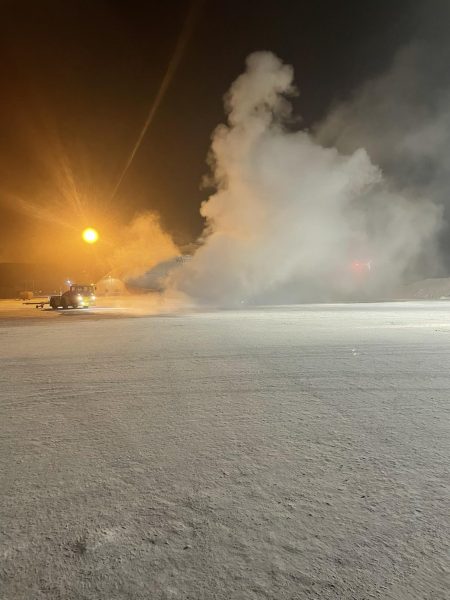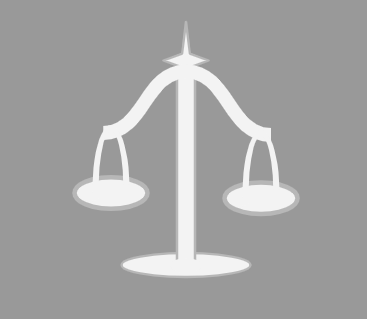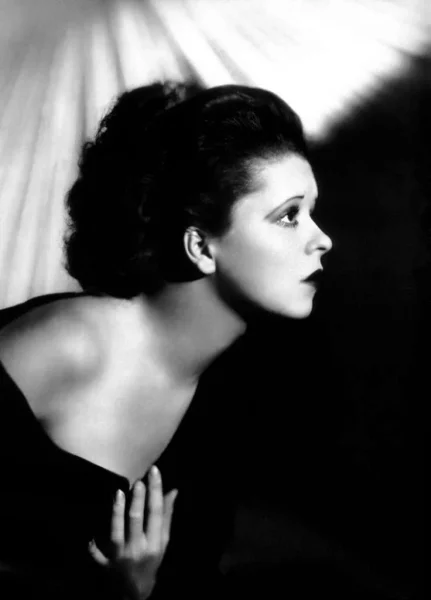Theatrical superstitions
Many thespians believe that whistling backstage is bad luck. This may seem random, but this superstition (as well as many others), in actuality, had understandable origins. This article is going to dive into some of the lesser-known superstitions of the theater world.
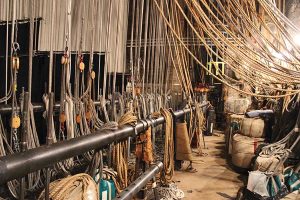
1) No whistling backstage
This superstition originated in earlier days of theaters, when sailors were often hired to manage ropes in the theater, which makes sense because they had to be trained in working with ropes in order to be a sailor. Whistling was used as a cue for the stagehands to change the set around using the ropes, and if someone was whistling backstage, a serious mistake would result which could result in severe injuries.

2) Bad-luck-causing items
Peacock feathers, mirrors, jewelry, and money are four of the “banned” items in a theater. Again, these may seem as if they were simply drawn from a hat; rather, they each have a distinct reason behind them. Peacock feathers are thought to cause bad luck in theaters, inflicting curses upon the theater with their “evil eye”. Mirrors are bad luck because they have the potential to cause mayhem in the theaters as they reflect the lights from the stage. Lastly, jewelry and money became known as bad luck symbols when thespians wanted to prevent things being stolen from the dressing rooms.
3) Good rehearsal, bad sign
After all of their hard work and dedication, actors in a show try their best to have a good dress rehearsal. But some speculate that a good dress rehearsal may represent a bad final show, and vice versa. This superstition has unknown origins, but it is highly likely that a director or someone involved in a show was trying to cheer up the actors when the dress rehearsal didn’t go as planned.
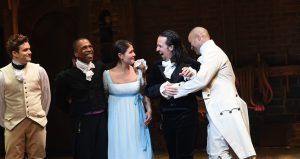
4) Save it for the show
Practice makes perfect, so, understandably, many thespians practice every aspect of the show. And it’s important to nail the ending of a play or musical in an effort to imprint a lasting effect on the minds of audience members. However, saying the last line of a play or completing a play is considered to be bad luck in the theater. Taking bows during a rehearsal in which the theater is empty is said to inflict bad luck as well. Both of these bad luck signs originated as a tribute to audience members, without whom shows simply couldn’t go on.
There are hundreds of theater-related superstitions and conspiracy theories, such as the Scottish play “Macbeth” theory, that are very well-known. However, many of these superstitions are not very well known in theater communities.

